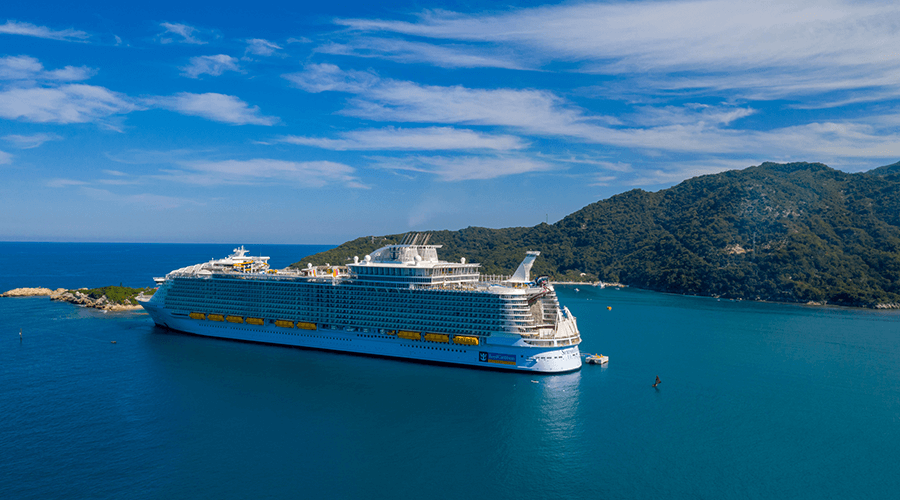We are pleased to announce the formation of the HEMOS project consortium. The project is funded by the Horizon Europe initiative, under a call for “Clean and competitive solutions for all transport modes”. The HEMOS consortium consists of the following organisations: LTH-Baas, Estonia; University of Naples Federico II, Italy; InEpact, Sweden and Baltic Innovation Agency, Estonia, in cooperation with Royal Caribbean Group, USA.
The HEMOS project aims to decarbonise the EU’s fleet by improving the ship heat energy system by optimising heat flow topology with a dynamic calculation model and including the latest advancements in heat-energised technologies. Thus, creating a new innovative approach to the design method of the heat energy system on the ships. The main target is to reach a 14% efficiency increase by the calculation and scale it down to a prototype to validate
Based on various studies, the global shipping sector currently contributes about 2.5–3% to global CO2 emissions. Within the EU, the maritime industry makes up about 14% of greenhouse gas emissions from the transportation sector. Furthermore, the industry contributes a considerable portion of NOx, SOx and particulate matter emissions, even though lately, SOx emissions have been reduced thanks to the established IMO regulations on sulphur emissions. In the present day, decreasing CO2 emissions is considered critical to tackling global warming. Thus, shipping plays a crucial role in the world’s decarbonisation effort.
In response to these challenges, the HEMOS project aims to develop and verify the concept of a holistic and dynamic on-demand heat energy system. A holistic heat energy system involves all significant heat generating and consuming equipment, regardless of the equipment supplier, interconnected by various heat carrying and exchanging components such as pipes, heat exchangers and circulation pumps. Thus, a full holistic review and optimisation of the heat energy system must be considered and implemented for good efficiency gain. As such, the specific objectives of the HEMOS project are to:
- Holistically evaluate the ship heat energy balance, where all primary ship heat sources and consumers are mapped and analysed.
- Add novel technologies in the marine sector to the optimisation calculation and analysis, like Organic Rankine Cycle (ORC), steam turbines (ST), waste heat recovery (WHR) units, multi-stage flash distiller (MSF), single and double stages absorption chillers (SACHs and DACHs), and high-temperature heat pumps.
- Verify the proposed approach by implementing a small-scale pilot validation project with small-scale equipment on one engine, combined with auxiliary systems, planned to be retrofitted on one large oceangoing cruise ship.
The evaluation will rely mainly on existing information and analysis of secondary sources, including project reporting and qualitative data collection – (group) interviews and focus group interviews with the leaders of the Centres of Excellence, research staff and doctoral students, as well as with the developers, implementers and sector experts. An external expert is also involved in the evaluation in an advisory role.


